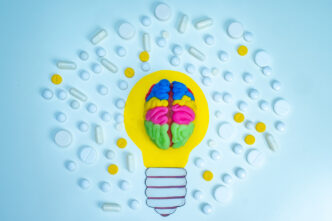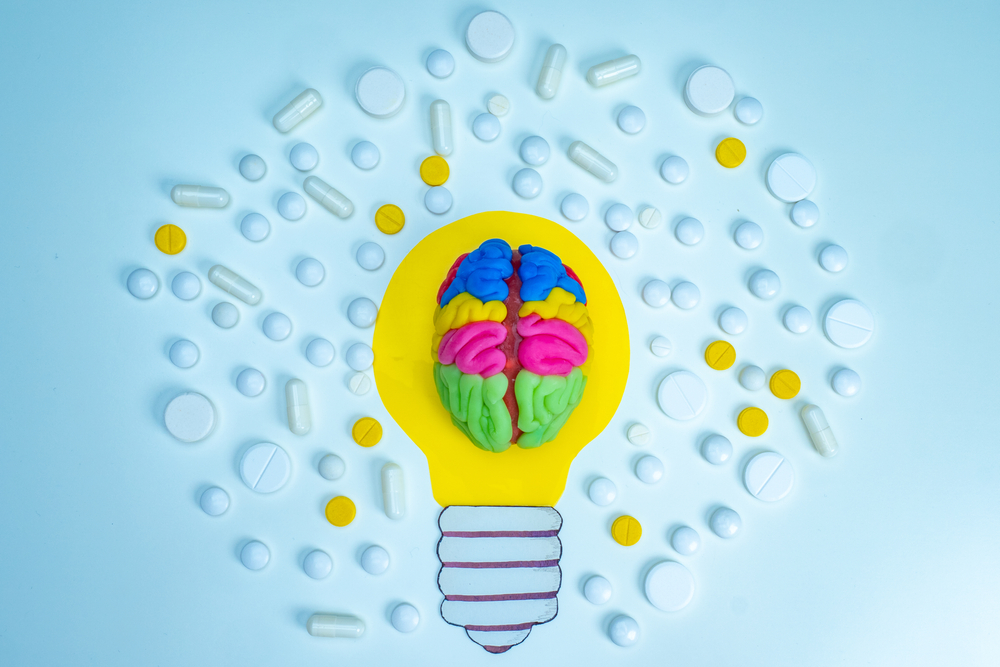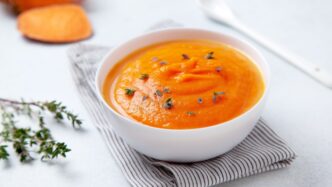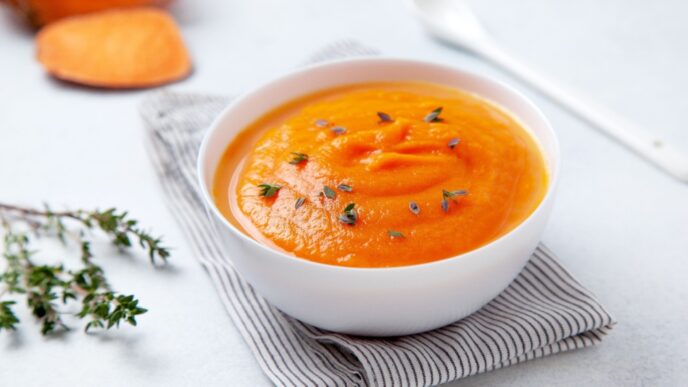A supplement pill that can supercharge our brain is undoubtedly an enticing possibility to many of us. Such a pill falls under a category called nootropics, a broad class of substances that, according to claims, can enhance our cognitive abilities such as memory, focus, creativity, and learning. These substances may also protect us from diseases that affect the brain and our cognitive functions, such as Parkinson’s disease and Alzheimer’s disease.
WORDS LIM TECK CHOON
The word ‘nootropic’ was coined by Romanian psychologist and chemist Corneliu E Giurgea in 1972. He combined the Greek word for ‘mind’, ‘noos’, with ‘tropein’, which means to bend or turn.
- However, while the word is a 20th century invention, many of the compounds that are considered nootropics are familiar to many people for a far longer time.
- Additionally, there are some nootropics that are manufactured in the laboratory, such as those containing the chemical compound N-phenylacetyl-l-prolylglycine ethyl ester.
COMMON NOOTROPICS IN THE MARKET
- Bacopa monnieri
- Caffeine
- Creatine
- Ginkgo biloba
- L-theanine, commonly found in green tea
- Panax ginseng
- Rhodiola rosea
DO NOOTROPICS REALLY BOOST BRAIN HEALTH & FUNCTION?
This is a subject that is still heavily debated.
- Many of the studies on the effectiveness of nootropics were performed on test animals.
- Very few are conducted on human participants, and those that involve human participants tend to involve only a small number of such participants.
Hence, there is a lack of strong, concrete evidence for the effectiveness of many nootropics.
Furthermore, just like with most medications and supplements, there is a risk of side effects, and the benefit versus risk of taking various nootropics has yet to be fully evaluated.
THERE IS A GENERAL AIR OF SKEPTICISM
Because of the lack of strong evidence for many of the purported benefits of nootropics, there is still a general air of skepticism among the medical community.
The general sentiment out there right now is that nootropics should not be a viewed as some short cut solution.
Many doctors still believe that feel that healthy lifestyle habits — regular exercise, good sleep, stress management, and a nutritious, balanced diet — are far more impactful for supporting healthy brain function.
LET’S TAKE A LOOK AT SOME SCIENTIFIC DATA AVAILABLE SO FAR
In 2023, a team from the IMDEA Food Research Institute, published the results of their investigation.
They analyzed 256 papers from 3 different medical databases to determine the impact of nootropics on people’s memory and mental focus.
Ginkgo Biloba
- Found to have a major positive impact on motor and perceptual functions compared to other reviewed nootropics.
- Largely suggestive to improve blood flow to the brain and enhance vascular permeability.
- May possess the ability to improve gait stability.
Bacopa Monnieri
- May improve language comprehension and short-term memory among young adults.
- May significantly improve language behavioural capacities, including word and sentence repetition, and logical memory in children and adolescents with ADHD.
- Prolonged consumption may improve learning capacities involving language and written concepts in healthy people.
- May possess the ability to improve gait stability.
Ashwagandha
- May improve memory and learning, including visual memory and verbal recall.
Caffeine
- May improve sustained visual selective attention and target-specific attention, with increased behavioural performance in terms of accuracy and reaction speed.
- Moderately high doses of caffeine (about 600 mg) have been shown to have relevant positive effects on vigilance and alertness.
Other Nootropics
- Panax ginseng: Improve physical and mental resilience; eliminate fatigue; avoid if you have asthma and high blood pressure.
- Guarana: May improve memory, could be of benefit to people with Alzheimer’s disease and Parkinson’s disease.
- Schisandra: Its antioxidative and anti-inflammatory properties may protect against
neurodegenerative diseases. - Maca root: May improve cognitive function, motor coordination, and endurance, but studies were conducted on mice.
| This article is part of our series on healthy eating to improve our physical and mental health. |
Reference: Lorca, C., Mulet, M., Arévalo-Caro, C., Sanchez, M. Á., Perez, A., Perrino, M., Bach-Faig, A., Aguilar-Martínez, A., Vilella, E., Gallart-Palau, X., & Serra, A. (2023). Plant-derived nootropics and human cognition: A systematic review. Critical Reviews in Food Science and Nutrition, 63(22), 5521–5545. https://doi.org/10.1080/10408398.2021.2021137














